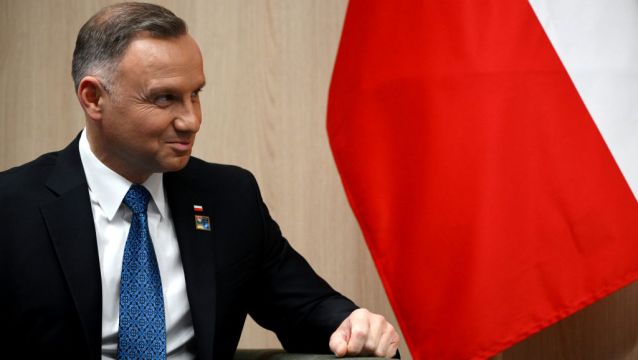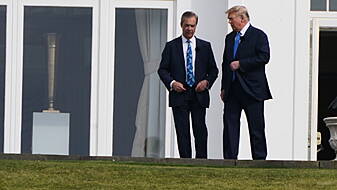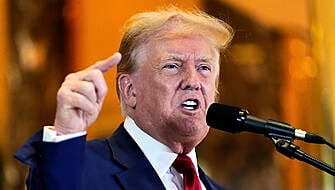Polish president Andrzej Duda said on Monday prime minister Mateusz Morawiecki will have a chance to form a new government after his Law and Justice (PiS) party won in the October 15th election, though the task seems impossible as the party lacks a majority.
The nationalist PiS won the most seats in the lower house of parliament but is short of a majority and all other parties have ruled out forming a coalition with it.
An alliance of pro-European Union opposition parties, led by Civic Platform leader Donald Tusk, has a clear majority, but Mr Duda said he would abide by tradition and give the party with the largest number of seats the first chance to form a government.
President's role
Under the Polish Constitution, the president has 30 days from election day to convene the first session of the new parliament and then 14 days to nominate a candidate for prime minister.
Mr Duda has decided to convene the parliamentary session at the latest possible date, November 13th, and on Monday he said Mr Morawiecki would get the first shot at forming a government.
Mr Morawiecki will have 14 days from the first parliamentary sitting to present his cabinet, and another 14 days to detail his programme to parliament and win its vote of confidence.
The constitutional deadlines for this step define the maximum amount of time, in reality the procedure could take less than 28 days, Miroslaw Wyrzykowski, former Constitutional Tribunal judge told Reuters on Tuesday.
To win the vote, the nominee needs an absolute majority in the lower house of parliament, the Sejm, meaning the number of supporters must exceed the number of opponents and abstainers, with at least 230 lawmakers in the chamber at the time of the vote.
Second step
If the nominee fails to win the vote of confidence, the initiative returns to the Sejm, with lawmakers receiving a further 14 days to nominate another candidate for prime minister.
He or she would again need an absolute majority in the Sejm to win the confidence vote. The opposition expects that a Tusk-led cabinet would get confirmed during this step.
Back to the president
If the second attempt fails to produce a government, the initiative returns to the president, who has 14 more days to pick a third candidate for prime minister.
Parliament then has another 14 days to vote, although a simple majority would be enough to secure confidence. A cabinet appointed in this step might prove to be a minority government.
Early election
The process could extend into the second half of January. If no cabinet is agreed by then, the president would call another parliamentary election.







